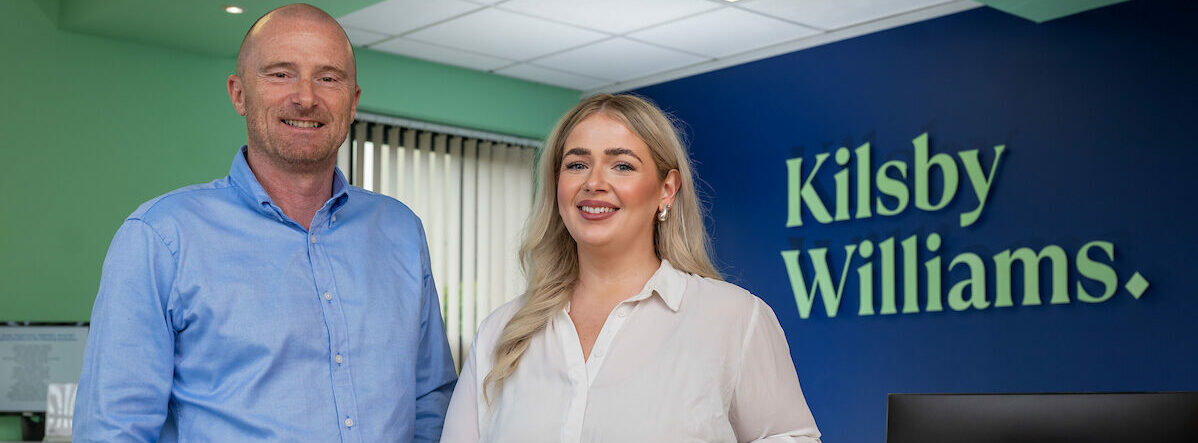Draft legislation was released in July 2024 that answers some questions on the tax changes for Furnished Holiday Let properties from April 2025.
The proposed changes were discussed in our previous article.
As anticipated, properties previously qualifying as Furnished Holiday Lets (FHL) will be taxed in line with long-term residential let properties from April 2025, subject to some transitional rules.
Below is a summary of the tax changes from 6 April 2025:
Capital Allowances
FHL businesses will no longer be eligible to claim capital allowances, with tax relief only for replacement of domestic items. FHL businesses with capital allowance pools will continue to benefit from writing down allowances on the pool balances carried forward.
Losses
Losses carried forward and future losses from FHL businesses can be offset against other property business profits.
Finance Costs
Finance costs for FHL businesses will not be deductible in calculating profits and will only benefit from a 20% tax reducer, aligning the tax relief with other residential letting properties owned by individuals. (Full tax relief is given for finance costs where the FHL business is operated by a company.)
Income for pension contributions
FHL income will no longer be treated as relevant earnings when determining limits for tax relief on pension contributions.
Capital Gains Tax
Business asset disposal relief (10% capital gains tax rate) will no longer be available on the disposal of a FHL property and so the higher rates (up to 24%) will apply. It will no longer be possible to defer capital gains when the property is gifted or when acquiring other FHL properties.
Anti-forestalling
As anticipated the draft legislation contains some anti-forestalling and transitional provisions which look to stop gains being artificially triggered before April 2025. Taxpayers who exchange on property sales prior to 6 April 2025 but do not complete until after this date could potentially fall foul of the rules.
VAT
The draft legislation was silent on the VAT treatment of FHL businesses after April 2025 and so it is not yet clear whether FHL businesses will be required to de-register or will continue as a taxable supply.
Are there any planning opportunities?
In line with the suggestions in our previous article, there are a few things that owners of FHL properties might consider doing before the rules change:
- Conduct a review of capital allowances to “bank” allowances before the opportunity is lost.
- Accelerate any planned improvement, conversion or refurbishment work.
- Sell or gift FHL properties before 6 April 2025, but make sure to seek advice on whether the anti-forestalling provisions would apply.
- Consider the impact on your tax position and cash flow from the changes, in particular the finance cost restrictions for highly geared properties.
- Consider incorporating your FHL portfolio. See our previous article on the benefits of company ownership of FHLs. Whilst companies are not immune from the withdrawal of the FHL rules, incorporating to a company might be more beneficial than personal ownership after 6 April 2025.
It is worth keeping an eye on the Labour Government’s first budget of their current term in office on 30 October 2024. It is likely that broader changes to the tax system will be announced that could have an impact on FHL owners.
In the meantime, it is important that FHL owners seek professional advice to stay informed of any further legislative updates, maximise available reliefs and explore alternative tax strategies.
If you have any queries and would like assistance please contact Dafydd Ford on 01633 653166 or email Dafydd.Ford@kilsbywilliams.com. Alternatively, please contact your usual advisor on 01633 810081 or email info@kilsbywilliams.com




